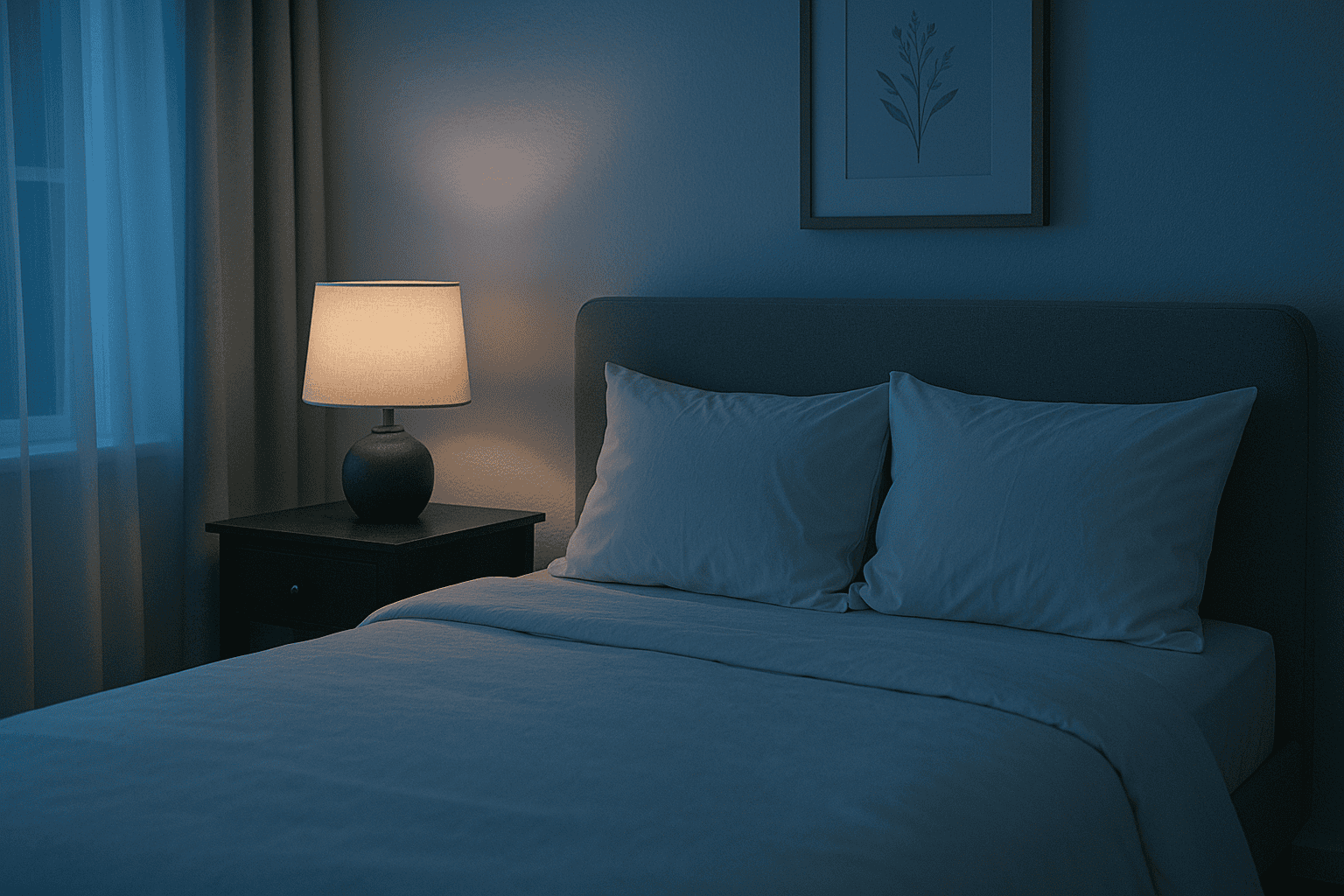Rest assured seniors, sleep is still very important as we grow older. In fact, one expert reminds us that “sleep is just as critical to our health as we age”. The good news is that most seniors still need about 7–8 hours of sleep each night, roughly the same amount as younger adults. So if you’re sleeping in that range and feeling rested, you’re on track! (The idea that older folks can get by on only 5–6 hours is a myth.)
How Many Hours of Sleep Are Recommended?
Most health authorities agree on the numbers. For example:
- Adults 19–64 years: about 7–9 hours per night
- Adults 65 years and older: about 7–8 hours per night
These recommendations come from the Centers for Disease Control and Prevention (CDC) and the National Sleep Foundation. Sleep experts consistently agree that seniors should aim for about 7 to 8 hours of sleep to support good health and cognitive function.
Common Sleep Changes with Aging
Even though the total hours needed stay similar, older adults often notice how they sleep can change. Some typical shifts include:
- Earlier bed and wake times: Many seniors start feeling sleepy at dusk and wake up with the dawn. This is due to natural changes in the body’s circadian rhythm as we age.
- Lighter, more fragmented sleep: It’s common to wake up more during the night, whether to use the bathroom or just from lighter sleep stages.
- Health-related interruptions: Pain from arthritis, restless legs, or needing to urinate more frequently can all interfere with sleep.
- Less melatonin production: Our bodies make less melatonin with age, which may make it harder to fall asleep and stay asleep.
These are normal, age-related changes and not necessarily signs of poor health. As Mayo Clinic notes, older adults often sleep more lightly and take longer to fall asleep, but this doesn’t always mean something’s wrong. If you feel generally rested during the day, your sleep is probably meeting your needs.
Napping and Total Sleep Time
Because nighttime sleep can be lighter or more broken up, daytime naps can help older adults reach their ideal rest total. Experts from the National Institute on Aging suggest that the total amount of sleep, day and night combined, is what truly matters.
If you find yourself sleeping 6 hours at night and taking a 30-minute nap in the afternoon, that’s completely fine. Just aim to keep naps short (about 20–30 minutes), so they don’t interfere with your next night’s sleep.
Tips for Healthy Sleep Habits
To get the best sleep possible as you age, consider these friendly tips:
- Stick to a consistent sleep schedule: Go to bed and wake up at the same times each day, even on weekends.
- Establish a calming bedtime routine: Dim lights, avoid screens, and wind down with a book, gentle music, or warm bath.
- Make your bedroom sleep-friendly: Keep it quiet, dark, and cool. Reserve your bed for sleep and intimacy only.
- Avoid caffeine, alcohol, and large meals in the evening: These can all disrupt your ability to fall or stay asleep.
- Limit naps to 20–30 minutes: Especially in the late afternoon or early evening.
These strategies, often referred to as sleep hygiene, can help you fall asleep more easily and improve the quality of your rest over time.
When to Talk to a Doctor
While sleep changes are normal with age, it’s wise to talk to your doctor if you:
- Consistently sleep less than 6 hours or more than 9 hours and still feel tired
- Struggle to stay awake during the day
- Snore loudly or wake up gasping for air
- Have mood changes, memory problems, or increased irritability
These could be signs of treatable issues like sleep apnea, chronic insomnia, or restless legs syndrome. Your doctor can help identify the root cause and recommend safe, age-appropriate solutions.
A Restful Outlook
In summary: Age alone shouldn’t drastically change how much sleep you need. Most seniors still thrive on 7–8 hours per night. Even if your sleep becomes a bit lighter or more fragmented, you can still feel rested, especially when supported by good habits and a consistent schedule.
By paying attention to your sleep environment, daily routine, and physical well-being, you can continue to enjoy the deep benefits of rest throughout your golden years. Sweet dreams, my friend!

